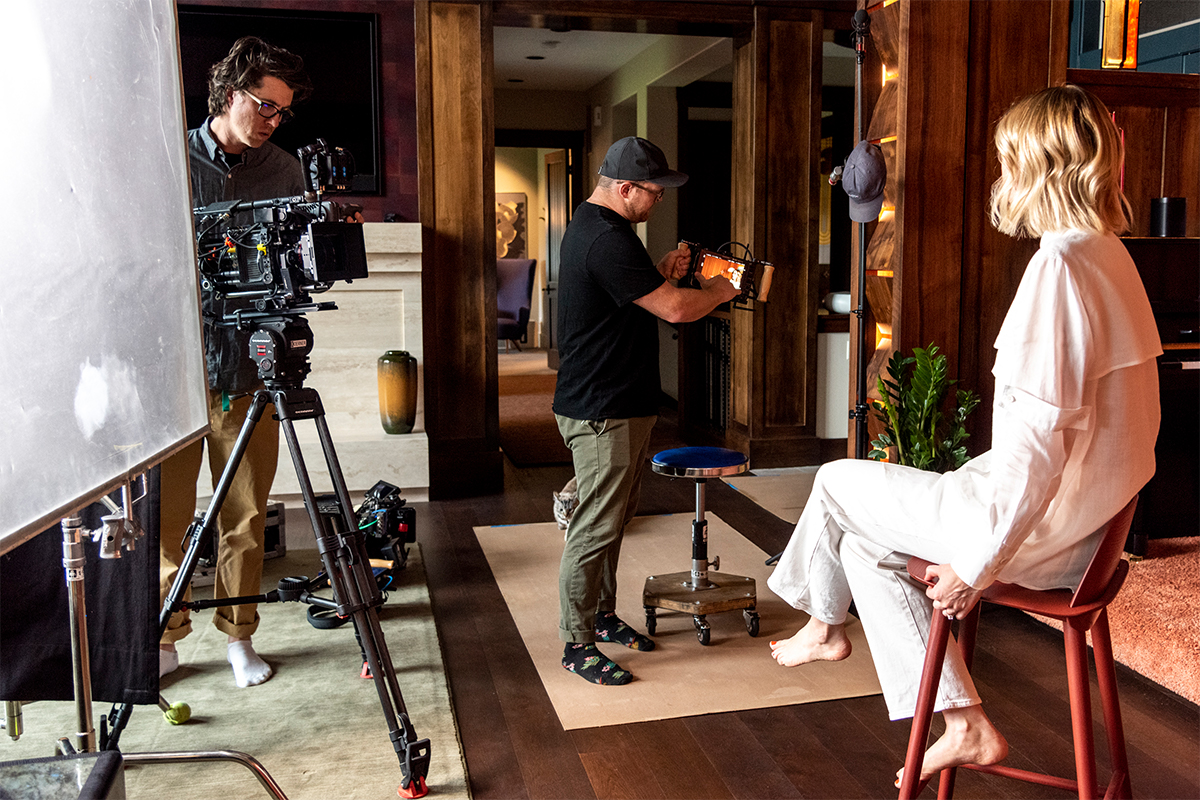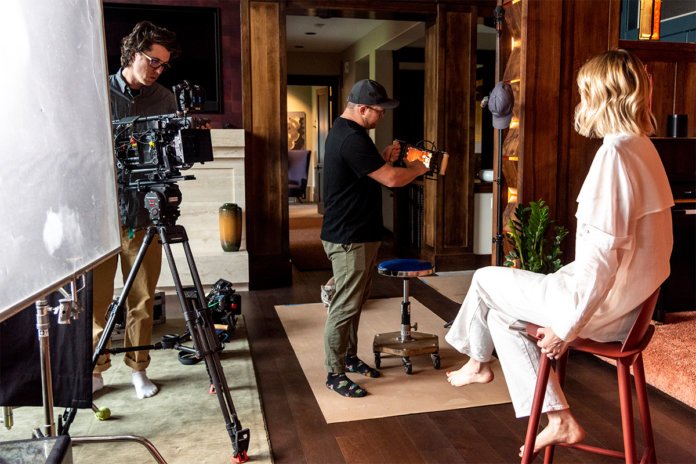This is an in-depth critique of a 3-component documentary, “School Inc.,” aired recently by a few PBS stations throughout the USA. Written with the aid of Diane Ravitch and Carol Burris, the critique looks at a number of the claims made inside the documentary about traditional public faculties — which they are saying affords a distorted view — and explains why this debate subjects at a time when President Trump and Education Secretary Betsy DeVos are pushing school desire regulations.
“School Inc.” was created and narrated with the aid of Andrew Coulson, the overdue director of the Cato Institute’s Center for Educational Freedom and a researcher and author who promoted the concept that free markets and the earnings reason could improve education inside the United States. He became a strong proponent of faculty tax credit score packages that use public cash to fund non-public schooling. As a result, the three hours of programming became funded via foundations that support the same element.
I ran a short post about the programming closing month, which you can examine here. At that point, a PBS spokesman stated in an electronic mail that “School Inc.” is “an independent manufacturing that displays the non-public standpoint of collection creator Andrew Coulson” and that it turned into a part of the assignment of the community to “offer packages that replicate numerous viewpoints and sell civic talk.” The e-mail also said that PBS has “excessive editorial standards” that ensure “that the innovative and editorial strategies at the back of the programs supplied on PBS are shielded from political pressure or fallacious influence from funders or different assets.”
You can see the whole response underneath, and there is a response from Neal McCluskey, the modern director of the Center for Educational Freedom, who wrote this piece about the debate: “Perhaps PBS officials thought the series had extremely good content material, and discerning visitors ought to decide for themselves whether they familiar its premise.” He also wrote this, reflecting competition to standard public faculties:
 READ MORE :
READ MORE :
- Let’s bridge the divide between instructional and technical schooling
- Rural Internet-Service Provider Softcom Announces Significant Technology Upgrade
- Master the most recent Android working device and begin coding these days with a $15 training path
- A British Open Lesson: Golf Is a Sport of Personal Responsibility
- The casualties of the Enemy Property Act
“As with public schooling, there is an ideal motive to oppose publicly funded TV because it is impossible to similarly symbolize each taxpayer’s perspectives. But PBS exists, and points of view seem to be articulated while not having to be balanced out.” I have asked PBS’s new “School Inc.” questions and will publish the responses when I obtain them.
Ravitch is a famous schooling historian and previous assistant secretary of education who became the titular head of the movement fighting company faculty reform and privatizing the general public education gadget. She co-founded the nonprofit Network for Public Education, a schooling statistics and advocacy organization. Burris is an award-winning former New York excessive college’s most important executive director of the Network for Public Education. She has been chronicling troubles with corporate faculty reform for years on this weblog.
Education Secretary Betsy DeVos has famously referred to America’s public schooling machine as a “useless quit” and disparagingly calls conventional public faculties “authorities faculties.” Nevertheless, she and President Trump have set an agenda that critics say aims to change the traditional general gadget with publicly funded private colleges, not secular ones. Do you observe this as wild speculation? Think once more. The playbook turned uncritically aired on PBS this spring.
PBS (“The Public Broadcasting System”) is understood for its high standards and thoughtful documentaries that explain issues honestly and properly informedly. But in this situation, PBS broadcast “School Inc.,” three hours of content funded using right-wing foundations and right out of the privatizers’ playbook. The application turned into partisan, faulty, and biased in opposition to public faculties. Not every PBS station aired this documentary, but many did. The timing turned fortuitous for Trump and DeVos, whose “school preference” agenda aligns neatly with the philosophy expressed in “School Inc.”
First, a word about the founders of this application: the lead funder becomes the strongly conservative Rose-Marie and Jack R. Anderson Foundation. According to SourceWatch:
The Rose-Marie and Jack R. Anderson Foundation is a 501(c)(3) furnish-making Foundation in Plano, Texas. Many of the Foundation’s contributions are given to conservative businesses searching to sell non-public faculties and public voucher college programs, the donor-counseled traditional DonorsTrust fund, and the State Policy Network web of proper-wing “think tanks.
The Gleason Family Foundation in California, which backs college choice businesses, additionally funded this system. According to its tax filings, it has contributed generously to the voucher-selling EdChoice (formerly called the Friedman Foundation for Educational Choice), the CATO Institute, the Heritage Foundation, the Manhattan Institute for Policy Research, the right-wing American Legislative Exchange Council, and the no-excuses charter chain “Uncommon Schools.”
The other main funders are the Prometheus Foundation, whose public filings with the IRS show that its largest provider ($2.Five million) went to the Ayn Rand Institute, and the Steve and Lana Hardy Foundation, which contributes to unfastened-marketplace libertarian think tanks. Finally, we will explain as much as we will why we assume PBS needs to provide identical time to an independent portrayal of American education and its many demanding situations.




